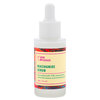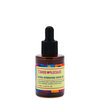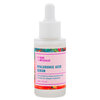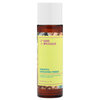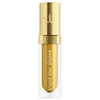Are You Immune to Botox?
Published Oct 14, 2011

More and more young people are turning to Botox (Kim Kardashian did it on TV!) accepting the risk of putting chemicals into their bodies, and paying a high price for perfect faces, but could Botox suddenly stop working after a few years of treatments? We spoke with dermatologist Macrene Alexiades-Armenakas, M.D., Ph.D., to find out whether too many Botox injections can make you immune to its ability to reduce fine lines and wrinkles— and how it can happen.
"Studies have indicated that if people are injected with dosages of 100 units of Botox or more, the body will start to react against the product and increase antibody production," says Dr. Alexiades. "This means that after subsequent injections, the Botox will stop working. Muscles will start to recover rapidly, and the muscles that you injected won't react the way they did the first time."
This immunity won't happen overnight, and the frequency of the injections determinse when a person will become immune to them. But why does it take a few months or years? "As the antibody levels rise, more and more of the Botox is inactivated before it has a chance to be absorbed into the nerve endings," says Dr. Alexiades. "As a result, with each re-injection, the Botox takes less and less effect and the muscles recover more and more rapidly."
For this reason people are turning to other methods and types of injections. "I have found that if someone is immune to Botox, they do respond to the shorter version of botulinum toxin A, the newer Dysport," says Dr. Alexiades. "Dysport is a shorter protein and often works in people who are unresponsive to Botox. Another type of Botox, Xeomin, has just been approved by the FDA and will offer yet another alternative."
You Might Also Like
-

Interviews
How These Beauty Bosses Juggle Motherhood & Running a Business
-

Interviews
Beauty Detox
- 319
-

Wellness
Five Memory-Boosting Foods
- 844
-

Makeup
Fast Fix Makeup Tricks
- 2834
-

Interviews
A Sweet Tooth For Kandee Johnson
- 46
-
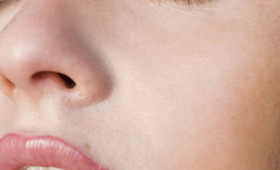
Expert Advice
Would You Permanently Tattoo Your Makeup?
- 50
-

Interviews
How to Give Your Man a Makeover: Brows
- 23
-
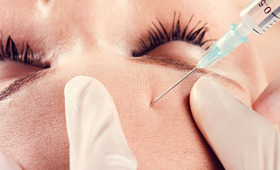
Interviews
Are You Immune to Botox?
- 22



